In the world of Credit Card Processing, the rules have changed again, and this time, in the merchant’s favor. It is now legal to apply a surcharge or “checkout fee.” So what is a surcharge? A surcharge is an additional fee added to the total purchase amount to cover the cost of the credit card transaction. Merchants who surcharge receive 100% of the total sales amount by passing on the processing fees to the customer.
January 27, 2013, was the date approximately seven million businesses went up against VISA and MasterCard and won the right to surcharge customers.
Fun Fact: Surcharging became legal in Australia in 2003. Today, 42% of all Australian merchants and 60% of large Australian merchants pass on a surcharge to customers who use credit cards.
WHY SHOULD YOU CONSIDER SURCHARGING?
To a lot of merchants, surcharging is a game changer and drives the cost per credit card transaction down to zero. With monthly service fees, interchange fees, PCI compliance and more, a merchant can get buried. This is where surcharging comes in. On average, a business’s effective rate for merchant services is generally between 2% – 4%, 4% being on the high end. If you do not know what your effective rate is, click here for instructions on how to calculate. If you are near 4% or higher I highly advise you to have a statement analysis done.
Surcharging allows the credit card transaction fees to go down to zero leaving you with a monthly fee and a PCI compliance fee. Let’s look at this example of a merchant who is currently surcharging and last month they processed $13,120.00 in credit card payments. If they did not surcharge that month would have cost them approximately $400.00 in processing and interchange fees. With surcharging, they paid less than $30.00 for the month of processing. Which total would you rather pay monthly, $400 or $30?
SURCHARGING CASE STUDY
Take, for example, a restoration company with an average monthly volume of $69,000 in total sales who signed up with NXGEN Surcharging.
- In 2015 this merchant paid approximately $24,000 annually in credit card processing.
- With surcharging in 2016, they will be paying less than $400 annually for credit card processing.
- That is an annual saving of $23,600!
This merchant is now saving more than twenty thousand dollars a year and significantly lowering their overhead costs. They are reinvesting their savings and putting into new training techniques for their staff and purchasing specialty equipment. How would you spend your savings?
HOW DO SOME MERCHANTS REDUCE THEIR COSTS OF CREDIT CARD PROCESSING?
The customer may not like paying for the privilege of using their card but compared to what most merchants do to cover merchant service costs; they certainly cannot argue that it is deceptive. So what do most merchants do to cover the cost of accepting credit cards?
Alternatives to Surcharging to reduce cost of credit card processing
- Offer a discount for cash & check payments – some merchants raise the cost of every product in the store by say 3% and then place a sign up that says, “We offer a discount if you pay with cash or check.” This process can often make your prices appear higher than your competitors.
- Raise the prices on all your products & services –you can raise the cost of everything to lessen the overall cost of credit card processing. So, if a customer purchases an item for $100 it is safe to assume that there is $1 – $4 markup to cover the cost of a credit card transaction. The drawback for customers with this approach is that this markup applies even when paying with cash, check, and debit cards. The drawback for the business owners is that higher prices will cut into their competitive advantage and may result in lost sales.
- Accept that Credit Card Processing is a cost of doing business – you simply factor this into your cost of doing business and allow it to eat into your profit. It is important to note that a surcharge and a “convenience fee” are not the same things and I will explain this in more detail in an upcoming article.
ADVANTAGES OF SURCHARGING
The biggest advantage to surcharging is its effects on your bottom line and overhead costs. By eliminating all transaction fees on a monthly statement, all that is left are the monthly fees. Take for example the Case Study above, by removing the transaction fees; the merchant went from paying $24K last year for processing to $400.00 this year.
Another advantage of surcharging is that it does away with marking up products or offering discounts for cash to try and soften the blow of the credit card fees. The price of the item simply is what it is. There is no need for bookkeeping adjustments later or figuring out an acceptable markup.
Lastly, if you surcharge, you will receive the full price for that item or service. If your product is $100.00, you will receive the full $100.00 because the transaction fee is paid by the consumer.
WHAT DO YOU NEED TO CONSIDER BEFORE YOU DECIDE YOU WANT TO IMPOSE A SURCHARGE?
- How will your customers feel about having to pay for their credit card transactions if you are open and upfront about a surcharge?
- What are your competitors doing? Are most of them surcharging too?
- Do you feel comfortable with your knowledge of all the rules to move forward?
- How will you feel about cutting your monthly cost by more than half?
THE RULES OF SURCHARGING
- You must be registered with Visa, MasterCard and Discover (Registration process takes 30 days.)
- Alert your processor 30-days before implementing surcharging.
- You must be sure your state allows for surcharging.
- You must inform your customers at the point of entry and the register that a surcharge will be added to their bill before completing the transaction.
- The amount of the surcharge must not exceed your retail cost of acceptance or 4%.
- The total amount plus the surcharge must be run together as one transaction.
- The receipt must show the total amount on one line and the surcharge amount as a separate line item on the receipt.
- You must never surcharge a debit card or a prepaid card.
For a complete list of rules and guidelines, please click on the links below.
WHAT HAPPENS IF YOU ARE NOT COMPLIANT WHILE SURCHARGING?
- Fines range from $1k – $10k PER transaction depending on the rule(s) that were broken and how often they were broken.
- Worst Case Scenario – You are placed on the MATCH List and won’t be able to process with any processors, not even the high-risk processors.
SURCHARGING SOLUTIONS
Now that surcharging is an option, surcharging payment solutions have hit the market. I cannot speak to each payment solution out there as I am not able to personally test every single one of them but what I can speak to is the features to look for when searching for an ideal surcharging payment solution.
- The system should identify whether the card is a Debit Card or a Credit Card and apply the surcharge accordingly
- The system should break out the surcharge clearly as a separate line item on the receipt (not hand written on receipt)
- The system must run the surcharge and the total amount together as one transaction
Surcharging is gaining popularity among many different industries and will only continue to grow as more businesses realize the cost savings of this solution. As more merchants fight for the right to surcharge, it further proves that many businesses are feeling the burden of the credit card costs, taking a stand against it and the Supreme Court is listening. On Thursday, 09/29/16, the New York court system agreed to hear the arguments from the merchants regarding the New York law that bans merchants from imposing surcharges on credit card purchases. If they uphold the ban in New York, then Florida & California will also be overturned and there will be 40 states including Washington DC that permit surcharging. If they strike down the ban in New York, then all 50 states, including DC will be able to surcharge.

